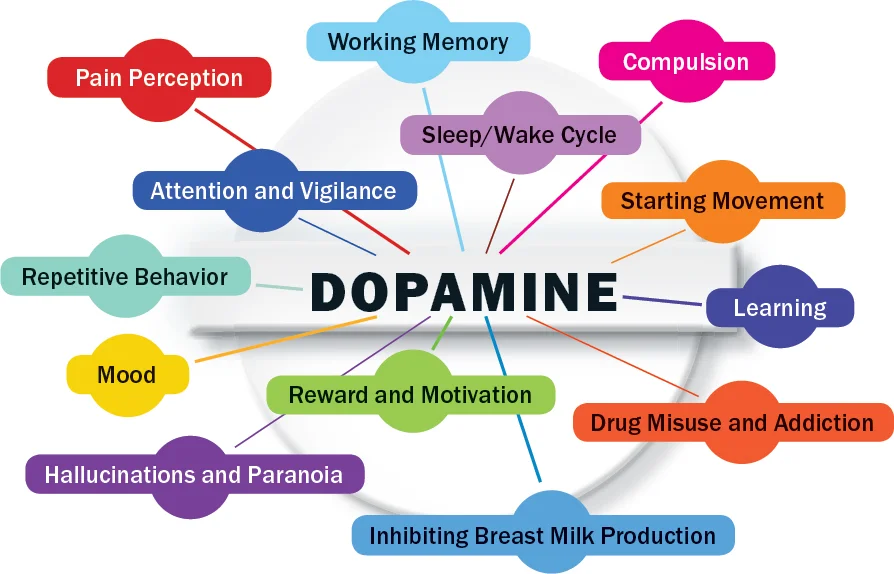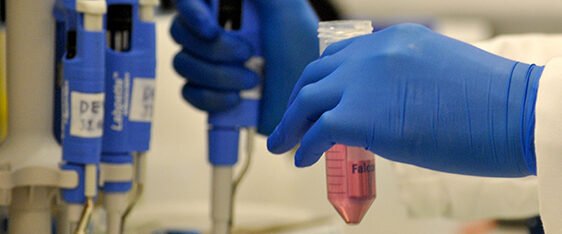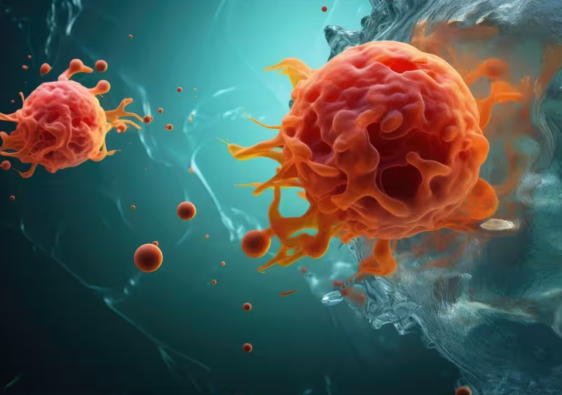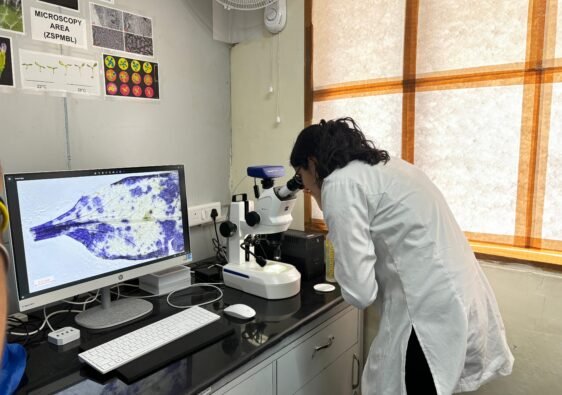Dopamine is a neurotransmitter and a chemical messenger in the brain. It plays a key role in regulating movement, motivation, reward, and pleasure. Dopamine influences how we feel enjoyment, motivation, and concentration. Dopamine is regulated by controlling its production, release, and reabsorption in the brain. It’s produced in specific brain areas and released when needed. After its action, dopamine is either broken down by enzymes or reabsorbed to prevent overstimulation. The brain maintains balance through feedback loops, ensuring dopamine levels are just right for proper mood, motivation, and movement. Imbalances or disruptions in dopamine signalling can lead to several neurological and psychiatric disorders, including ADHD, autism, bipolar disorder, schizophrenia Parkinson’s disease.

Researchers from Florida Atlantic University have discovered new components involved in dopamine signalling using a tiny, transparent worm called *Caenorhabditis elegans* (*C. elegans*). They utilized the Million Mutation Project (MMP), a comprehensive resource that contains over 800,000 genetic mutations across 2,007 worm strains. This project allows scientists to quickly identify and study the effects of these mutations, helping to pinpoint genes that play a significant role in dopamine regulation.
One key area of focus is dopamine signalling, which is crucial for many brain functions. Researchers have discovered that worms with altered dopamine signalling exhibit a behaviour called swimming-induced paralysis (Swip). When dopamine signalling goes wrong, these worms freeze in water instead of swimming, unlike normal worms that swim for up to an hour.
Randy D. Blakely and his team used the MMP library to identify genes involved in this abnormal behavior. They tested various worm strains and found that some had mutations affecting the dopamine transporter gene (dat-1), which is responsible for clearing dopamine from the brain.
Interestingly, they also found that mutations (changes to the base sequence of a gene) in a gene associated with Bardet-Biedl Syndrome (BBS), a rare human genetic disorder, led to similar Swip behavior in worms. The BBS proteins, which form a complex called the BBSome, play a crucial role in cell signalling by transporting proteins and lipids, especially in tiny cellular extensions called primary cilia.
In worms, the BBSome proteins help regulate dopamine signalling by ensuring the dopamine transporter is properly placed on the cell surface. This keeps dopamine levels in check and prevents abnormal behaviour. The researchers believe that understanding these processes in worms could provide new insights into treating disorders related to dopamine signalling in humans.
This study is significant because it leverages the simplicity of *C. elegans* to unravel the complexities of dopamine signalling, which is crucial for brain functions and linked to various disorders like ADHD, schizophrenia, and Parkinson’s disease. By using the Million Mutation Project (MMP) library, researchers rapidly identified novel genes and mutations related to dopamine regulation, including those associated with Bardet-Biedl Syndrome (BBS). This approach accelerates the discovery of relevant genes, potentially leading to new treatments for dopamine-related disorders. The findings highlight how insights from simpler organisms can advance our understanding of complex human conditions and expedite research into effective therapies.
Reference:
Galoustian, Gisele. “A ‘one in a Million’ Shot to Tackle Dopamine-Linked Brain Disorders.” FAU, 12 Aug. 2024, www.fau.edu/newsdesk/articles/dopamine-one-in-a-million-study#:~:text=With%20the%20help%20of%20a,of%20mutant%20genes%20based%20on. Accessed 13 Aug. 2024.



